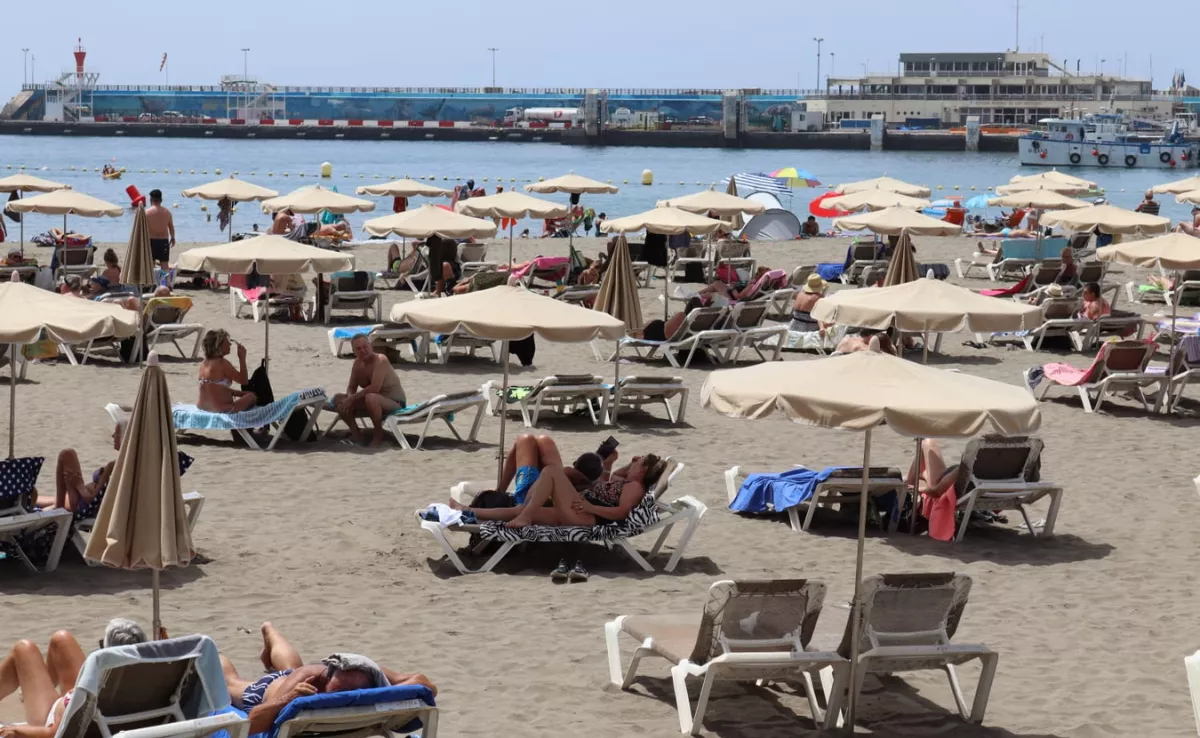Canary Islands Set to Revamp Tourism Legislation

The Department of Tourism and Employment of the Government of the Canary Islands is actively working on the first draft of new Tourism Regulation legislation. The preliminary public consultation process has concluded, receiving 705 contributions, alongside additional input through other public entity channels. This process has been further enhanced by the establishment of five working groups with the two public universities in the Canary Islands, enabling key stakeholders within the sector and the community to contribute. Their feedback will be taken into account for the draft legislation, which is expected to be finalised before the end of the year.
Regulatory Aims
In this context, the Minister of Tourism and Employment, Jessica de León, addressed the regional parliament today, stating, “The objective of this forthcoming regulation, which will replace Law 7/1995 on Tourism Regulation and Law 2/2013 on Tourism Renewal and Modernisation, is to provide the Canary Islands with a legal framework that meets current and future challenges. This will ensure the archipelago remains a competitive, sustainable, and socially just destination.”
Minister de León outlined the essential principles of the new law, emphasising, “A robust legal framework will be established to safeguard the right to accurate information, ensure efficient complaint procedures, and deliver services that respect the natural and cultural heritage of the Canary Islands.”
Tourism Offer Regulation
Regarding the regulation of tourism offerings, the new legislation must encompass all accommodation types available in the region as well as new marketing channels. “It is crucial to establish registration and control mechanisms that ensure service quality, user protection, and the sustainability of tourist accommodation, which is a cornerstone of our model,” asserted the Minister.
After more than sixty years of tourism development, some areas and micro-destinations have experienced obsolescence, impacting their competitiveness. Therefore, the new text must incorporate clear measures for the renewal and modernisation of these spaces, both public and private.
Sustainable Architecture
“We are addressing infrastructures, accommodation establishments, and even shopping centres that, in many instances, detract from the destination’s image. Investing in sustainable architecture not only reduces carbon footprints through energy efficiency and the use of less polluting materials, but it also helps to revitalise our mature destinations, turning them into true climate refuges,” she explained.
During her presentation in the regional chamber, Jessica de León also stressed the need to regulate the principle of operational unity, adapting it to the territorial configuration and ownership structure characterising the Canary Islands. “We will incorporate new channels for marketing and tourism intermediation, aligning our regulations with European and national standards, but from the perspective of our autonomous competencies. This will enable us to guarantee service quality, commit to the Canary Islands as a destination, and advance the decarbonisation strategy we are already promoting,” she indicated.
Complementary Activities
Other tourist activities, such as catering—with gastronomy as a key driver—and complementary activities must adapt their offerings to ensure the highest levels of quality, safety, and risk prevention. Competent authorities must undertake the planning and management of public tourism services with a focus on stability and sustainability, ensuring appropriate scale and efficient management of investments.
Furthermore, technical and professional tourism training, ranging from hotel schools to formal and university education, should hold a prominent place in the new law, according to the Minister. “The requalification of the destination relies on local talent, and we will maintain the advisory commission for professional tourism training as a reference body,” she stated.
Finally, the Minister of Tourism and Employment highlighted that the new text must include a clear and updated sanctions regime, accurately regulating infractions and penalties, and encompassing new provisions related to territory, sustainability, energy transition, and consumers’ digital rights. This will all be accompanied by tools designed to streamline, simplify, and rationalise administrative management.













